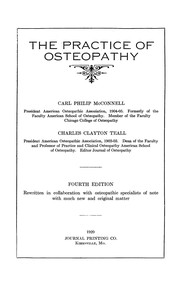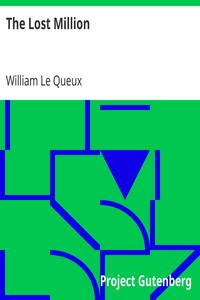Google Expands AI-Based Flood Forecasting Coverage to 100 Countries, Improves Forecasting Model
Google announced the expansion of its artificial intelligence (AI) flood forecasting system on Monday. With this expansion, the Mountain View-based tech giant will now cover 100 countries and offer riverine flood forecasting to a global population of 700 million people. The company is also offering researchers and partners a new application programming interface (API) as well as datasets to better understand its systems and benefit from the forecasting system.

Google recently announced the expansion of its flood forecasting system that is based on artificial intelligence (AI). The search giant will now cover 100 countries and offer riverine flood forecasting to a global population of 700 million people. The company is also offering researchers and partners its datasets to better understand its systems and benefit from the forecasting system. Additionally, Google has also developed a new application programming interface (API) for them to access the data in a seamless way.
Google Improves Forecasting Models, Expands Rollout
In a blog post, the tech giant detailed the flood forecasting system's expansion plans. The model now covers 100 countries and a population of 700 million people up from the previous 80 countries and a population of 400 million people.
The company says that this expansion was possible due to its research advancement that allowed it to access more labelled data to train the AI models, a new forecasting model that acts as the input to its frontier forecasting system, as well as a new model architecture.
Additionally, Google also announced the decision to make its flood forecasting model forecasts available to researchers and partners. This will be done in two ways — via its existing datasets from the Google Runoff Reanalysis & Reforecast (GRRR) and a new API which is currently under development.
With the API, users can access the company's hydrology forecasts and expected flood status in both urban areas as well as regions where local data is limited. Google's partners and researchers can now sign up and join its waitlist to express interest in the AI-based model.
The Flood Hub in the forecasting system now has an additional data layer which includes 2,50,000 forecast points using “virtual gauges”. Virtual gauges are Google's simulation-based prediction system that uses various geological and atmospheric factors to gauge the possibility of riverine floods. While the company can use the system to provide discharge prediction across the globe, it will only show the areas where the data can be verified using historical data from reliable sensors.
Further, the company claimed that compared to previous systems which could offer predictions for the next five days, the new system can now show flood forecasts for the next seven days with accuracy. Google believes its AI-based forecasting system can be used by public authorities in affected areas to develop crisis response plans and better manage people's lives and infrastructure.












)


























































